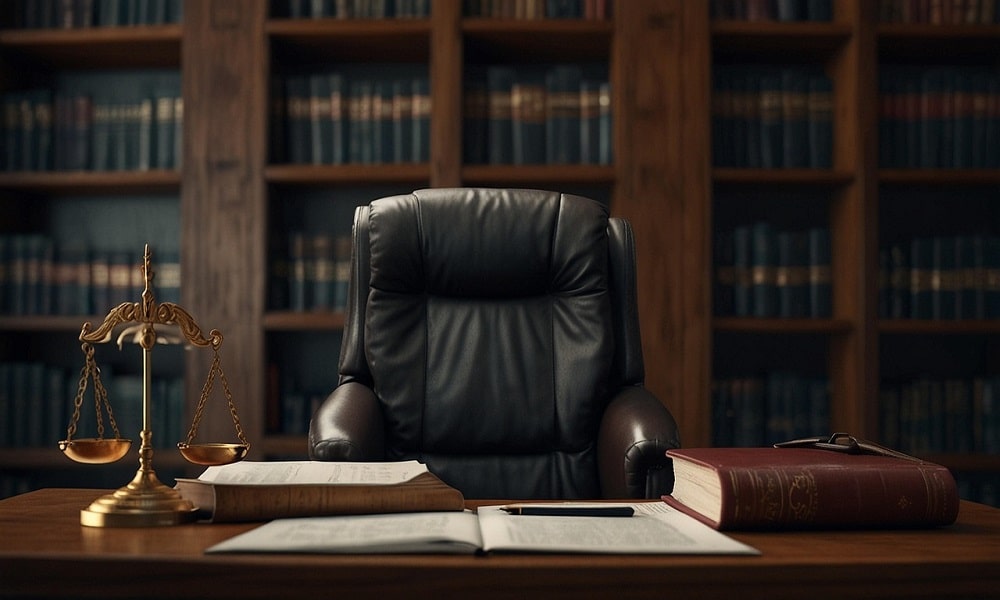Preparation is where great litigators quietly earn their wins. Before the courtroom lights up and the jury takes their seats, the best attorneys are already ten steps ahead. They know that small decisions, who handles the reporting, what experts to bring in, how to organize exhibits, can shift the entire balance of a case. Let’s look at the strategies that separate the polished from the powerful when it comes to trial prep.
Prioritize Clear, Consistent Communication
The best teams treat communication like oxygen: constant, essential, and transparent. Whether it’s an associate reviewing deposition summaries or a paralegal handling exhibits, every person in the room should understand not just their task but its role in the broader case. Great litigators hold regular check-ins, align on objectives early, and keep feedback loops open so that no one is surprised when the first day of trial arrives. The result is a seamless rhythm that builds trust across every level of the team.
Invest In Skilled Court Reporting
There’s a reason many elite firms emphasize hiring D.C., NYC or Chicago court reporters for your next case: it’s not about geography, it’s about quality. These hubs attract some of the country’s most precise and reliable professionals. A top-tier reporter captures nuance, context, and tone, all of which become valuable when motions are argued or testimony is dissected months later. Technology has also raised the bar: realtime feeds, searchable transcripts, and synchronized video make analysis faster and smarter. Those who see court reporting as a strategic asset, not a formality, tend to walk into court with the facts already working in their favor.
Build Relationships With Expert Witnesses Early
The best experts aren’t just fonts of knowledge, they’re trusted collaborators. Successful litigators bring them into the fold early, sharing theories, listening to their take on weaknesses, and refining strategy together. This creates a more cohesive narrative once the expert is on the stand. Juries respond to confidence that feels earned, not rehearsed, and that confidence starts with time spent developing rapport long before trial prep hits high gear.
Leverage Data And Analytics For Jury Selection
Gut instinct has its limits. Modern litigators increasingly rely on behavioral data, demographic insights, and analytics tools to understand juror tendencies. They test how messaging resonates, analyze local verdict patterns, and build profiles that reveal potential biases or leanings. The combination of intuition and empirical data gives attorneys a sharper lens, leading to panels that are more receptive to their story from the very start.
Coordinate With Product Liability Experts When Needed
In cases involving manufacturing, pharmaceuticals, or consumer goods, collaboration with product liability lawyers can be game-changing. They understand the intricate standards, testing procedures, and federal regulations that often determine fault. Partnering with them ensures the case is grounded in real-world industry expertise, not speculation. The smartest litigators see these specialists as allies in building airtight arguments that stand up to intense scrutiny.
Organize Exhibits Like A Story, Not A Spreadsheet
Juries think in narratives, not numbers. A well-prepared litigator curates exhibits so they unfold naturally, each document or photograph supporting the next point like chapters in a book. The organization should reflect logic and momentum rather than administrative convenience. Technology again plays a part: digital exhibit management tools can keep thousands of files accessible and intuitive, but it’s still human judgment that determines which images or records will stick in jurors’ minds when deliberations begin.
Run Mock Trials To Sharpen The Edges
A mock trial exposes what real jurors might think long before the stakes are real. It’s not just rehearsal; it’s reconnaissance. Watching mock jurors react, where they’re engaged, confused, or skeptical, provides invaluable insight into the story’s weak points. Great litigators don’t take criticism personally; they treat it as free intelligence. Adjusting language, clarifying themes, or even reordering evidence based on these sessions often makes the difference between a strong case and an unforgettable one.
Behind every seemingly effortless courtroom performance is a mountain of preparation, collaboration, and foresight. The best litigators don’t chase drama; they eliminate uncertainty. They build structure so they can improvise with confidence, trust their teams because every detail has been handled, and never walk into a courtroom without knowing they’ve already done the heavy lifting. That quiet confidence isn’t luck, it’s strategy, practiced to perfection.


